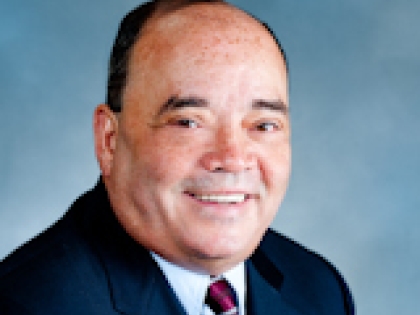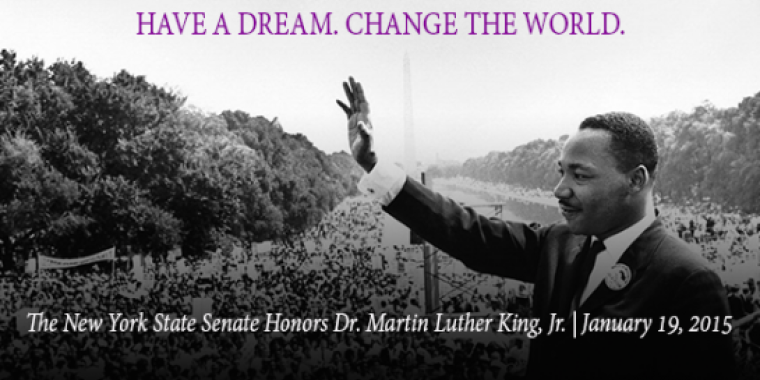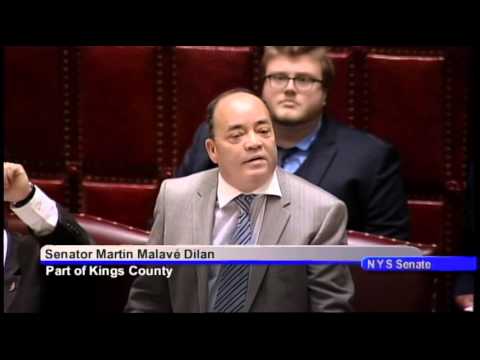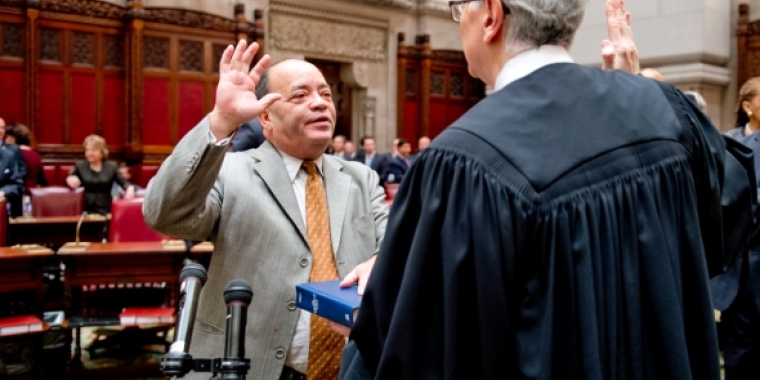
Senator Dilan Opposes Sharp Fee Increase For Naturalization Process

Today State Senator Martin Malavé Dilan (D-Brooklyn) announced his opposition to the United States Citizenship and Immigration Services’ (USCIS) plan to increase the fee for starting the naturalization process to become a citizen of the United States. Under this proposal, USCIS’ fees will go up from $400 to $675, an increase of 69% with the expectation they will go into effect in June.
“It cost legal permanent residents $90 to file their applications in 1991 and now they are forcing residents to pay $675 to file. Its outrageous that the costs have become so prohibitive for prospective citizens to file their papers,” Senator Dilan said.
Originally USCIS was to set fees at a level that would allow them to cover their costs associated with processing the applications. However, due to mandates from Congress that USCIS use the application fees to cover the high costs of major infrastructure improvements, they have been forced to continually raise the fees. According to USCIS the added revenue from the new fees will go toward improving the timeliness of background checks, modernizing outdated business systems, improving USCIS facilities and enhancing personnel training and recruitment programs. As a result of these improvements, USCIS plans to improve its average processing time for the N-400 naturalization application from seven to five months.
“While service improvements are in fact critical, it is unfair of the Government to mandate these service improvements and then provide no funding for them to be implemented. We need to make the American Dream accessible to individuals and families wishing to pursue that dream. To help facilitate that, USCIS should be able to provide a quality service at reasonable cost. Congress needs to step up and make sure they are adequately funded to fulfill their mission,” said Senator Dilan.
According to USCIS data, the number of naturalization applications filed has increased from 602,972 in Fiscal Year 2005 to 730,642 in FY 2006, equal to an increase of 21%.
“Clearly more and more individuals are trying to make a better life for themselves and their families every year. According to 2000 U.S. Census data about 74% of Mexican and Central American non-citizen households have annual incomes of less than $25,000. If this trend continues, we will be pricing potential citizens out of the country thereby losing the opportunity to welcome a new wave of energetic participants into our democracy,” concluded Senator Dilan.



